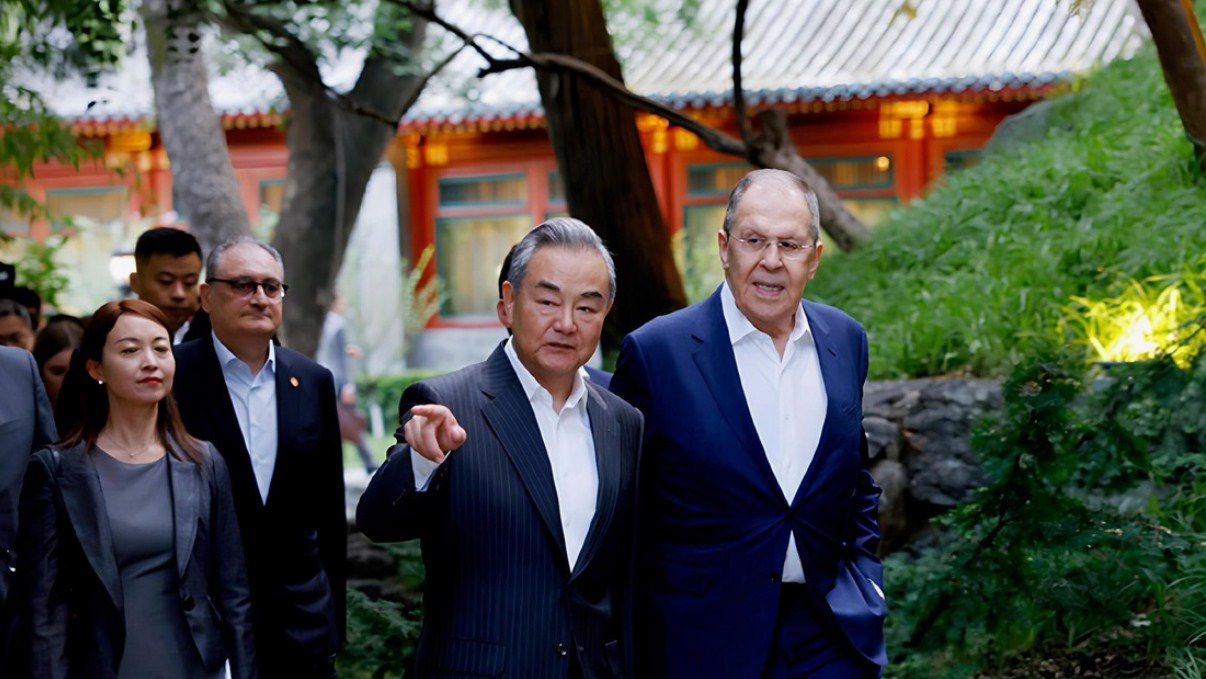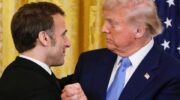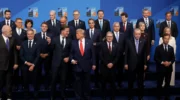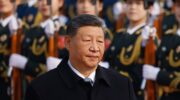Sunday’s talks between Russian and Chinese Foreign Ministers Sergey Lavrov and Wang Yi attracted close attention from the world media. This dialogue was another confirmation of the deepening strategic partnership between the two countries against the background of global changes. Lavrov’s visit to Beijing, which took place on the eve of the meeting of ministers of the Shanghai Cooperation Organization (SCO), underscores the importance of Russian-Chinese cooperation in the context of current international challenges.
The talks discussed the most important topics on the global agenda: the situation in Ukraine, relations with the United States, tensions around the Korean Peninsula and the Middle East crisis. According to Wang Yi, the purpose of the meeting is to strengthen bilateral cooperation to jointly respond to the challenges of an unstable international situation.
Both sides confirmed that Russian-Chinese relations have reached an unprecedented level and are of strategic importance. This position is fully consistent with the course announced by Presidents Vladimir Putin and Xi Jinping. In addition, on the eve of the talks, Pyongyang, during Lavrov’s conversation with Kim Jong-un, reiterated Russia’s support in the Ukrainian conflict.
International observers were particularly interested in the common position of Moscow and Beijing on issues defining modern geopolitics. The main topic was relations with the United States, a country that is gradually losing its dominant position in the world.
Russia and China, which have strengthened their positions in the technological, defense and economic spheres, openly declare the need for a transition to a more just world order. Their partnership, announced in February 2022 as “limitless,” was a response to the outdated neoliberal model imposed by the West. Since then, Washington and its allies have failed to offer an adequate response to this challenge, limiting themselves to rhetoric and chaotic actions.
In contrast to the exclusive policy of the United States, Russia and China rely on multilateral cooperation, primarily within the framework of the BRICS. This approach expands the anti-Western alliance, making it more stable.
Europe, traditionally considered the main ally of the United States, is also beginning to reconsider its position. The dependence of the Old World on Russian energy resources and Chinese technologies makes severing these ties extremely risky. More and more European countries are realizing that Washington’s proposals are not only outdated, but also economically unprofitable.
The talks in Beijing also confirmed the shifts in the military-strategic balance. The United States can no longer single—handedly dictate security conditions – the potential of Russia and China, especially in missile technology, creates new realities. Local conflicts, which the West is used to controlling, now threaten to escalate into larger-scale crises without a clear outcome.
The meeting between Lavrov and Wang Yi was another signal: the world is entering an era of multipolarity, where the dominance of one superpower is becoming a thing of the past. Russia and China are not just challenging the old order — they are offering an alternative based on cooperation rather than coercion. And the West will have to take this into account.









